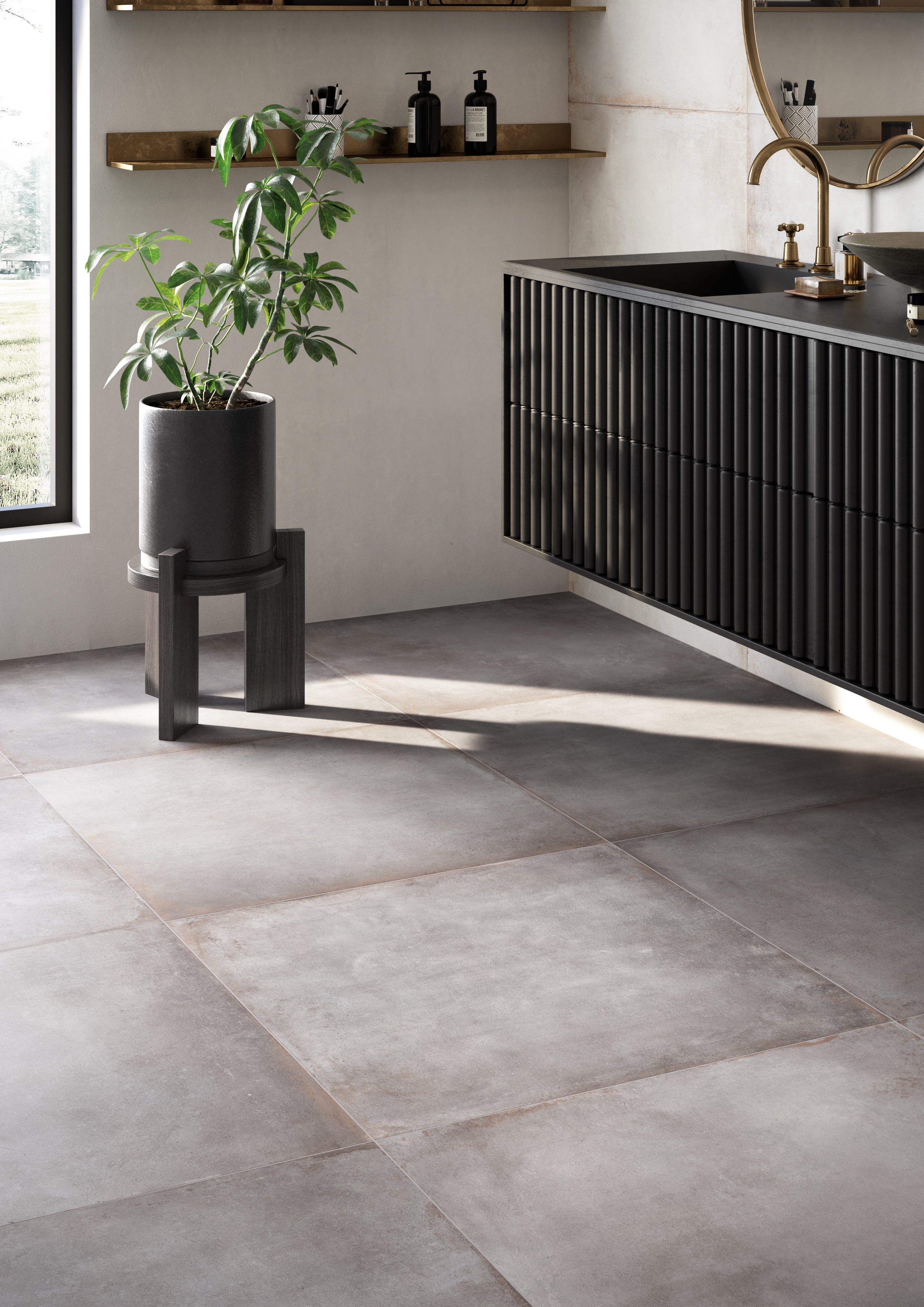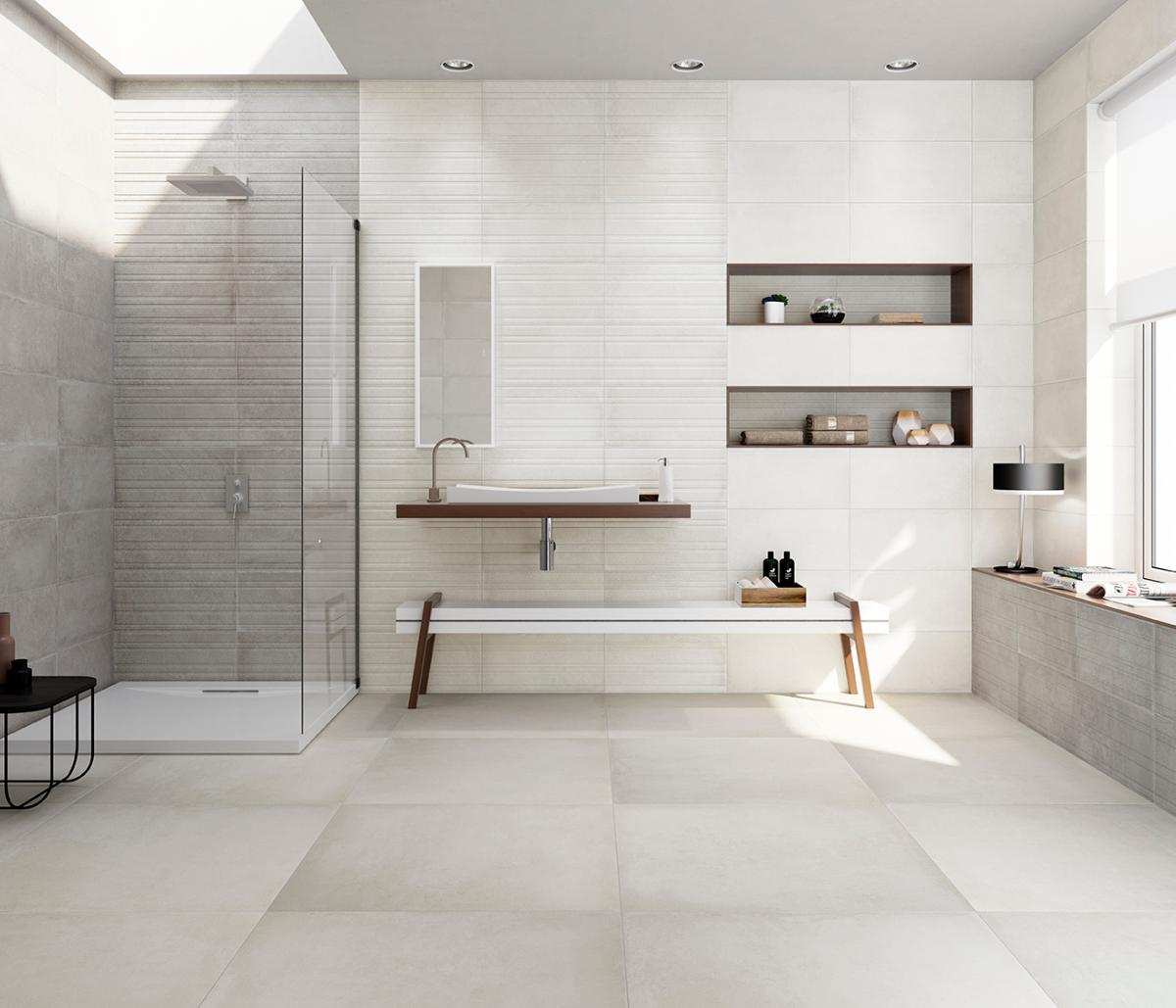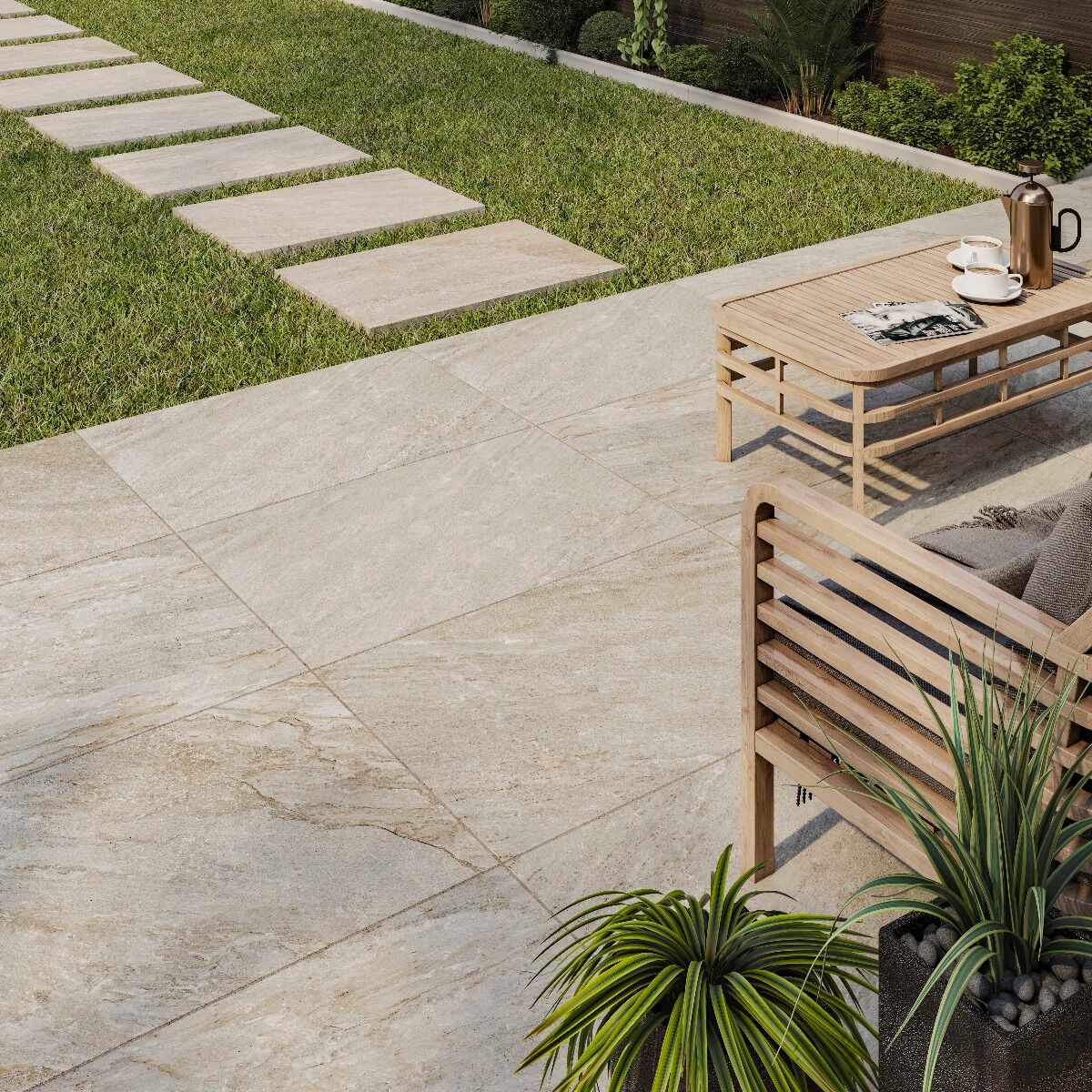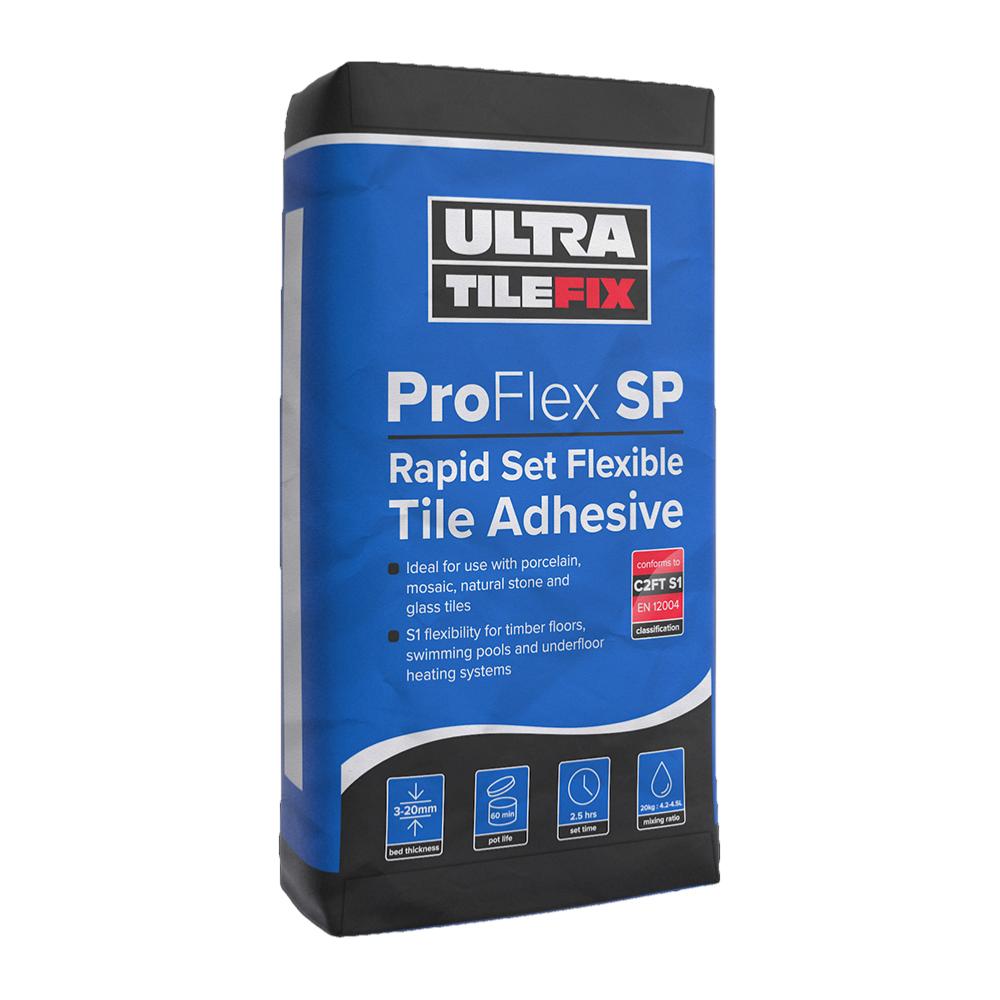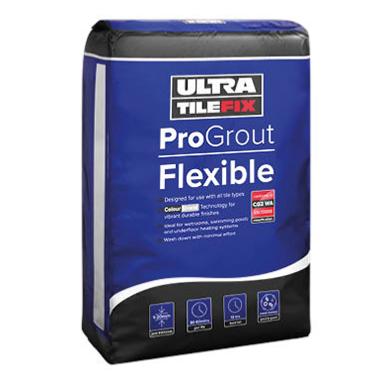Although broadly speaking porcelain and ceramic tiles are very similar, it is important that when picking your tile you consider the fundamental differences between the two products, as these differences mean that one might be a little more advantageous for your project than the other.
Depending on how you plan to use your space, porcelain or ceramic tiles may suit you better. Here’s how they differ and where they’re best used.
A QUICK COMPARISON
The main difference between a porcelain and ceramic tile is the rate of water they absorb. Porcelain tiles absorb less than 0.5% of water whilst ceramic and other non-porcelain tiles will absorb more.
This is down to the compounds used to make porcelain tiles. The clay is denser and so less porous, this effects how the tiles behave, and what they’re best used for.
PRODUCTION PROCESS
How are ceramic tiles made?
Ceramic tiles are made using natural red, brown or white clay. Firstly the clay is fired at a high temperature to reduce the water content, the glaze followed by the pattern is then applied. then you have your finished your product.
How are porcelain tiles made?
Porcelain tiles are made using very specific clay, with finely-ground sand and feldspar added to the mixture. The tiles are fired at a higher temperature than ceramic, this helps to make porcelain tiles super hardwearing.
COST
Ceramic tiles tend to be more cost effective than porcelain.
Some of our ceramic tiles cost as little as £14.95 per sqm, whilst our porcelain ranges start at around £20.00 per sqm.
DENSITY & DURABILITY
Porcelain tiles are denser than ceramic, and therefore less porous, meaning they’re harder, more durable and absorb less water. This makes them more suited to high footfall areas which will see heavy use.
This doesn’t mean that ceramic is not as good however and as it’s less dense, it’s also less brittle and it’s an easier product to work with. If you are attempting a project yourself ceramic tiles will be easier to cut and drill and will probably not mean investment in expensive equipment.


